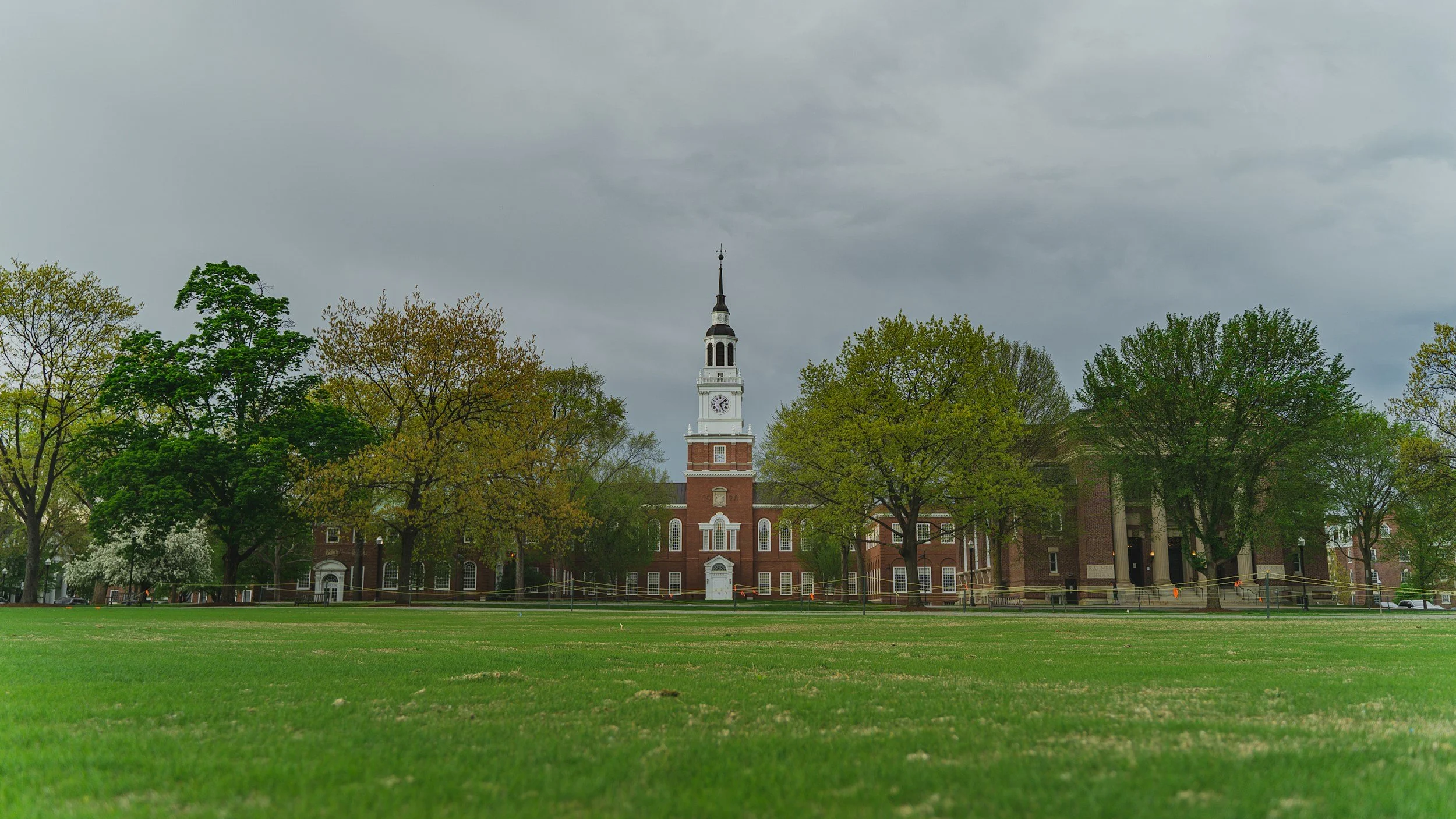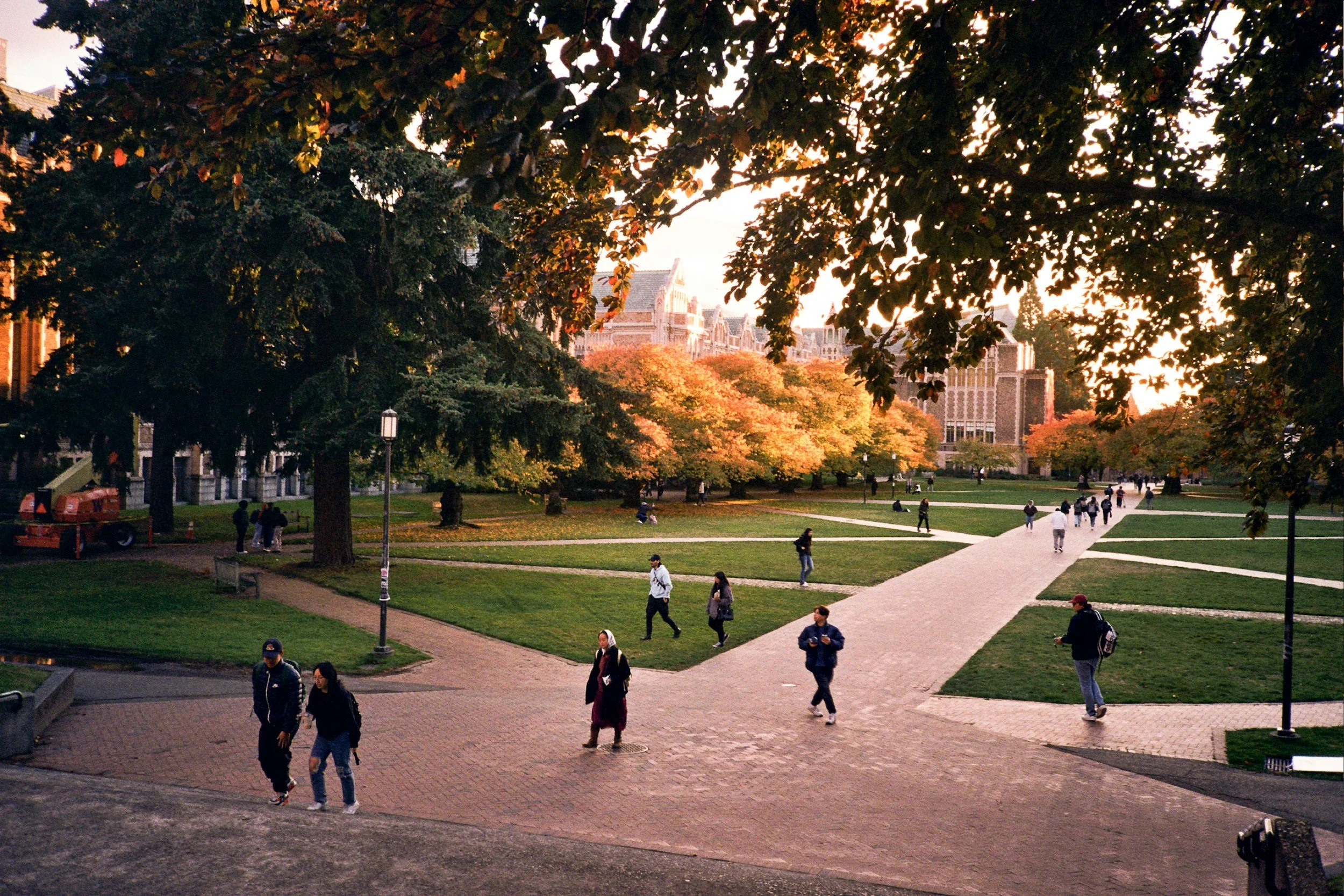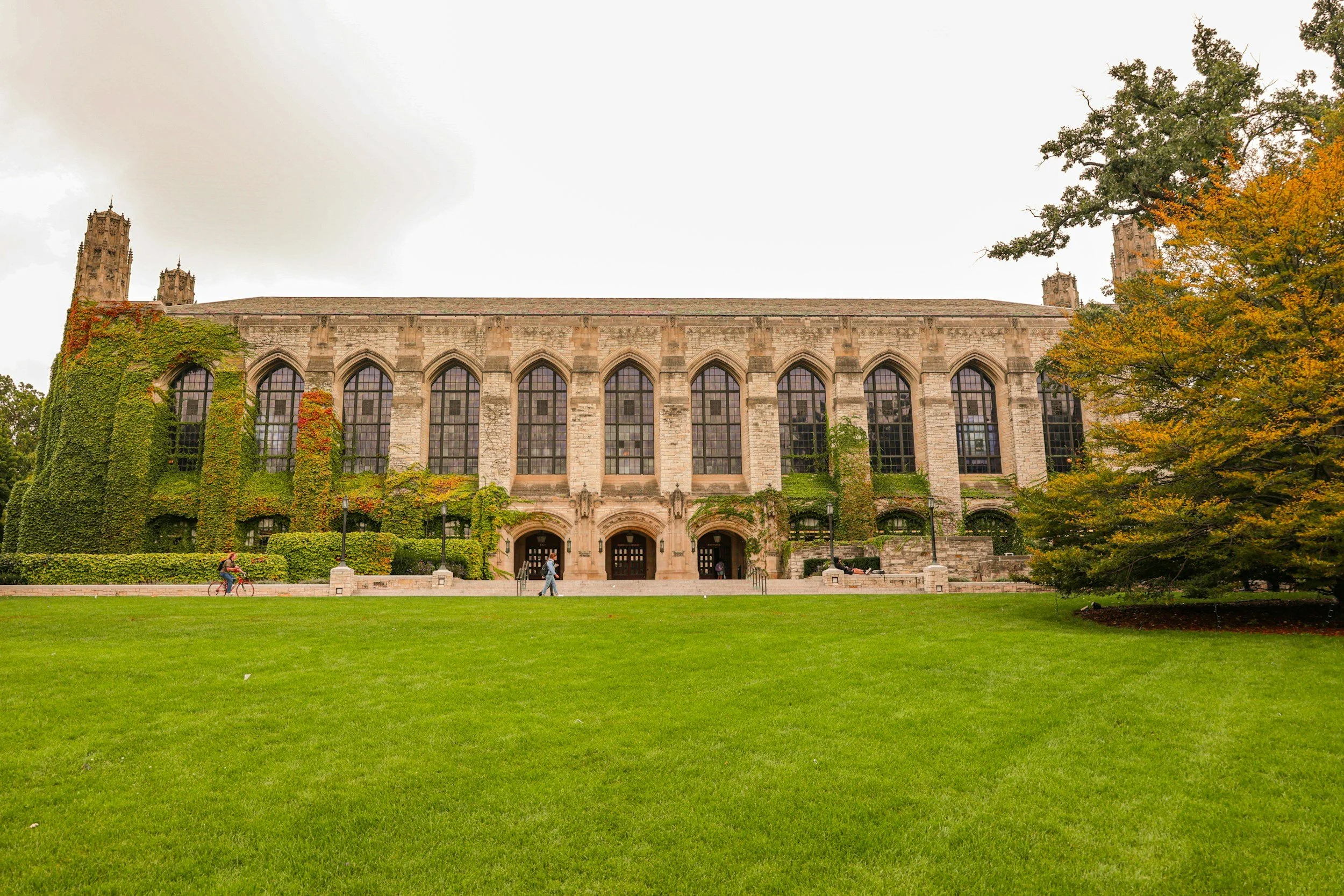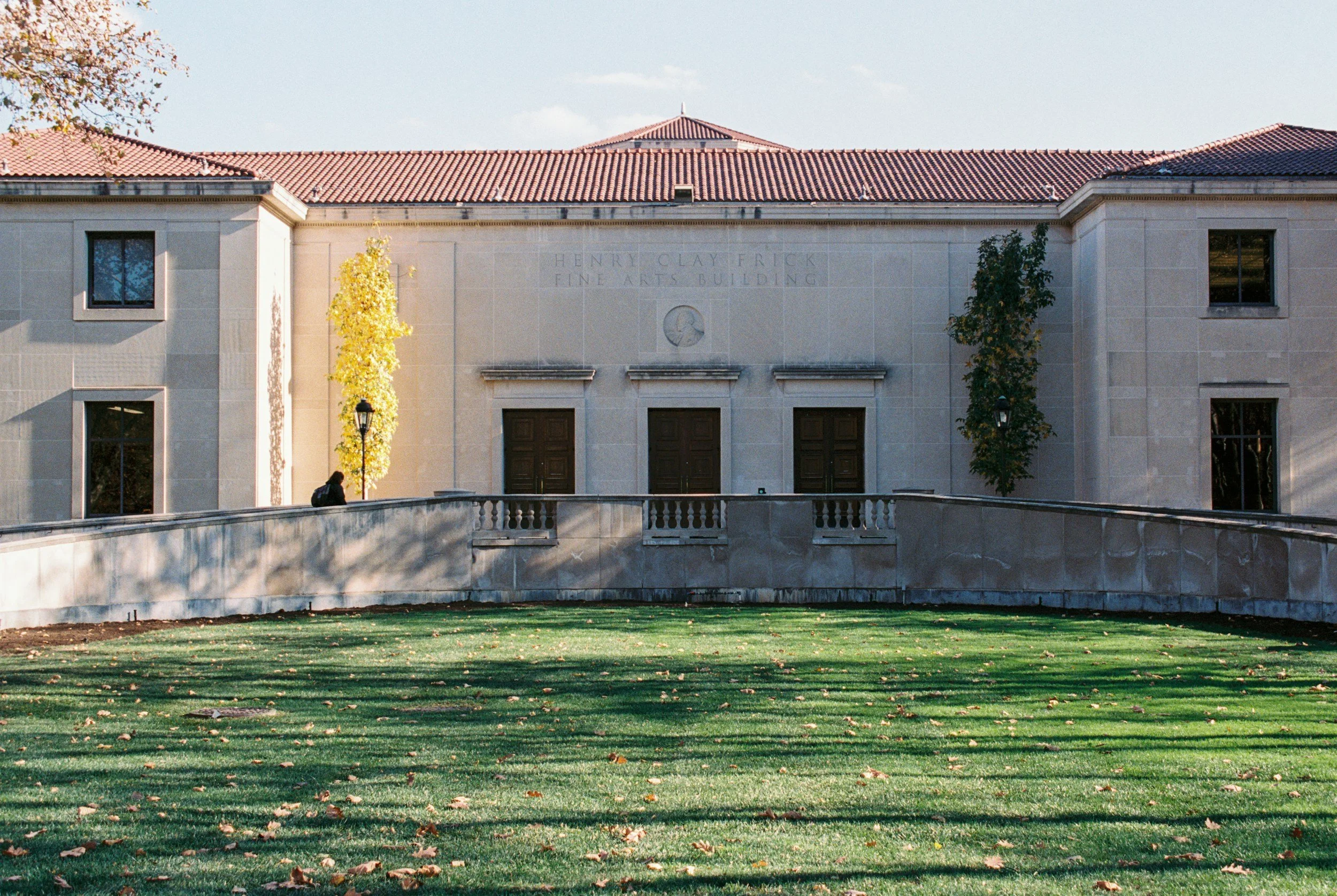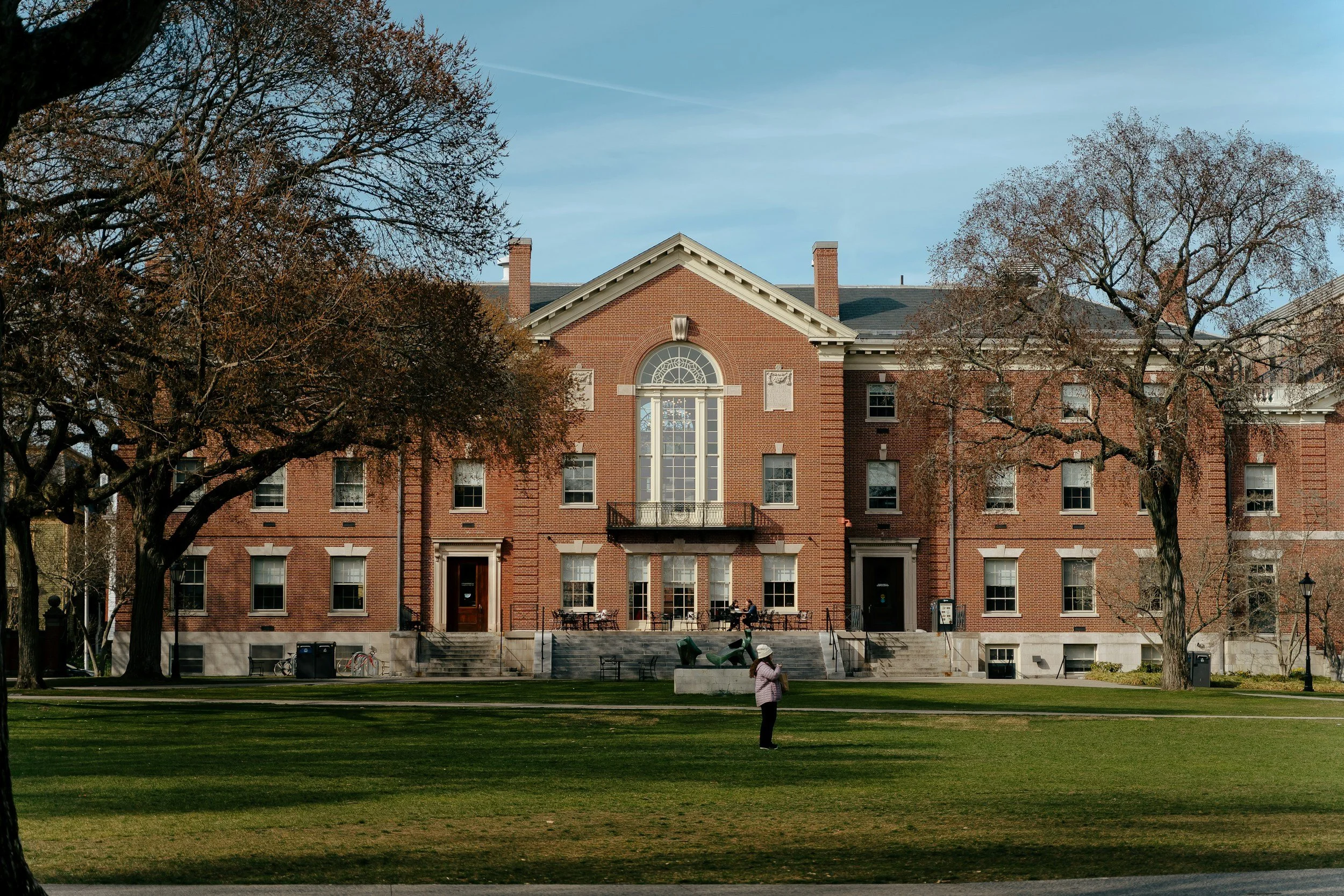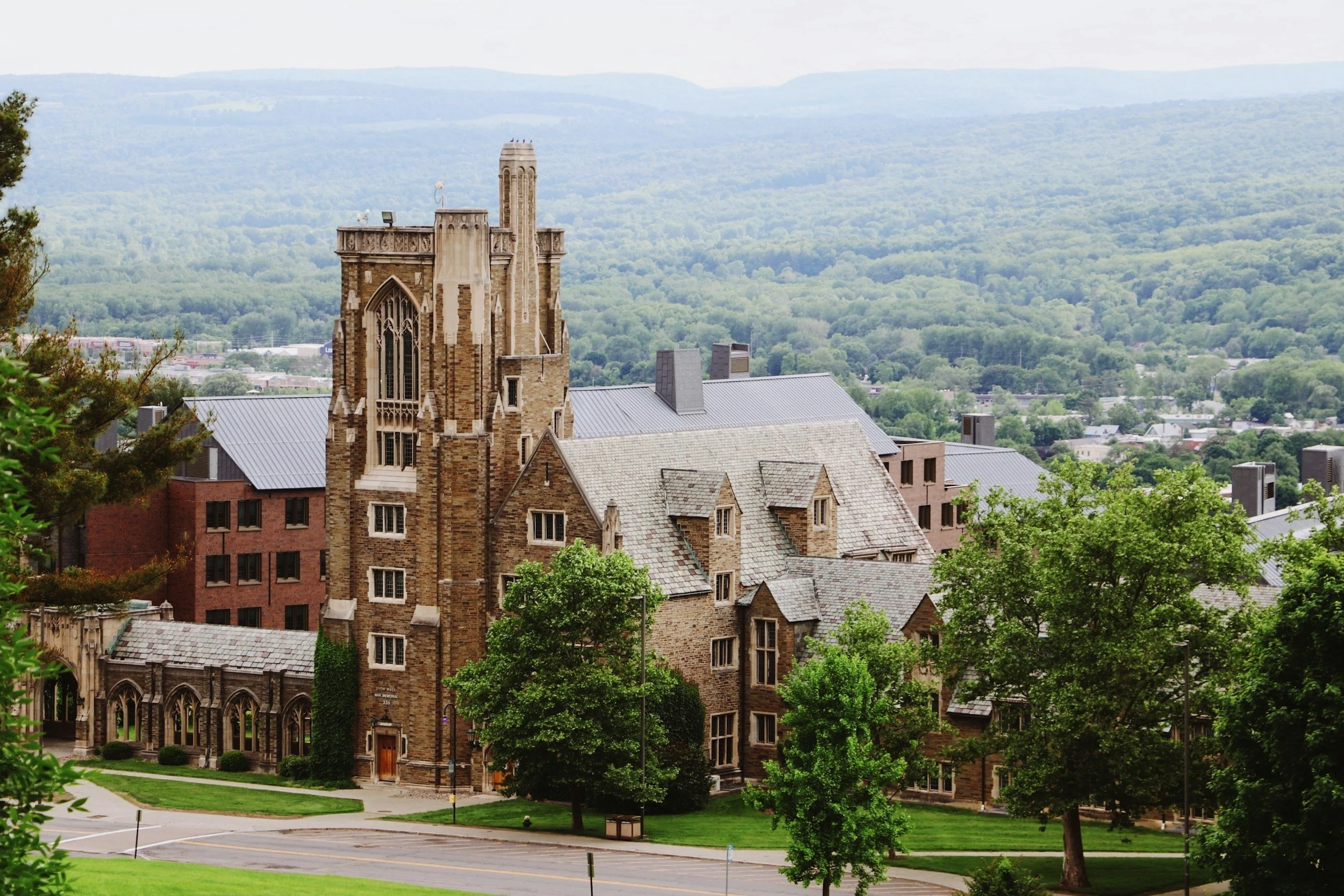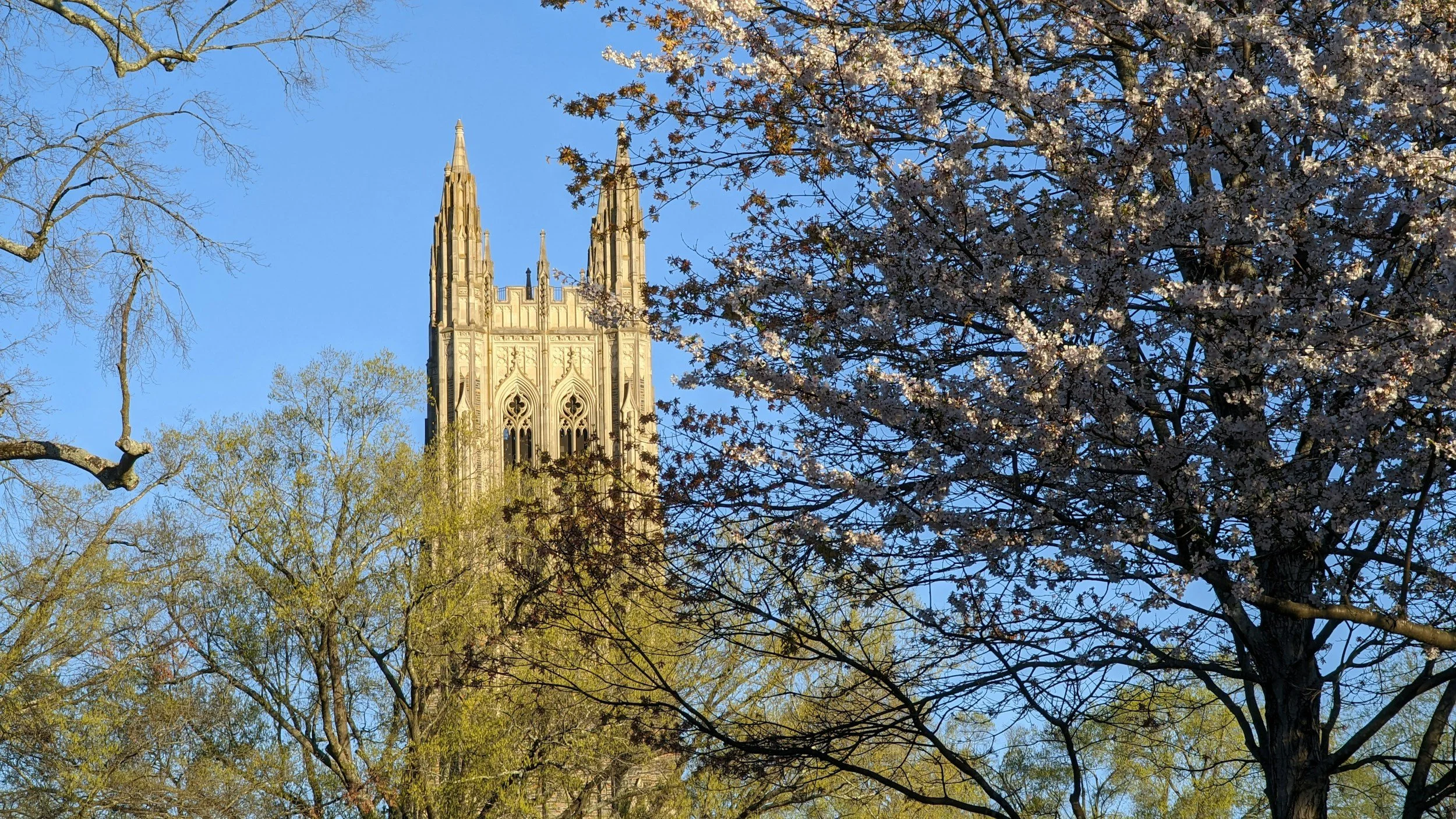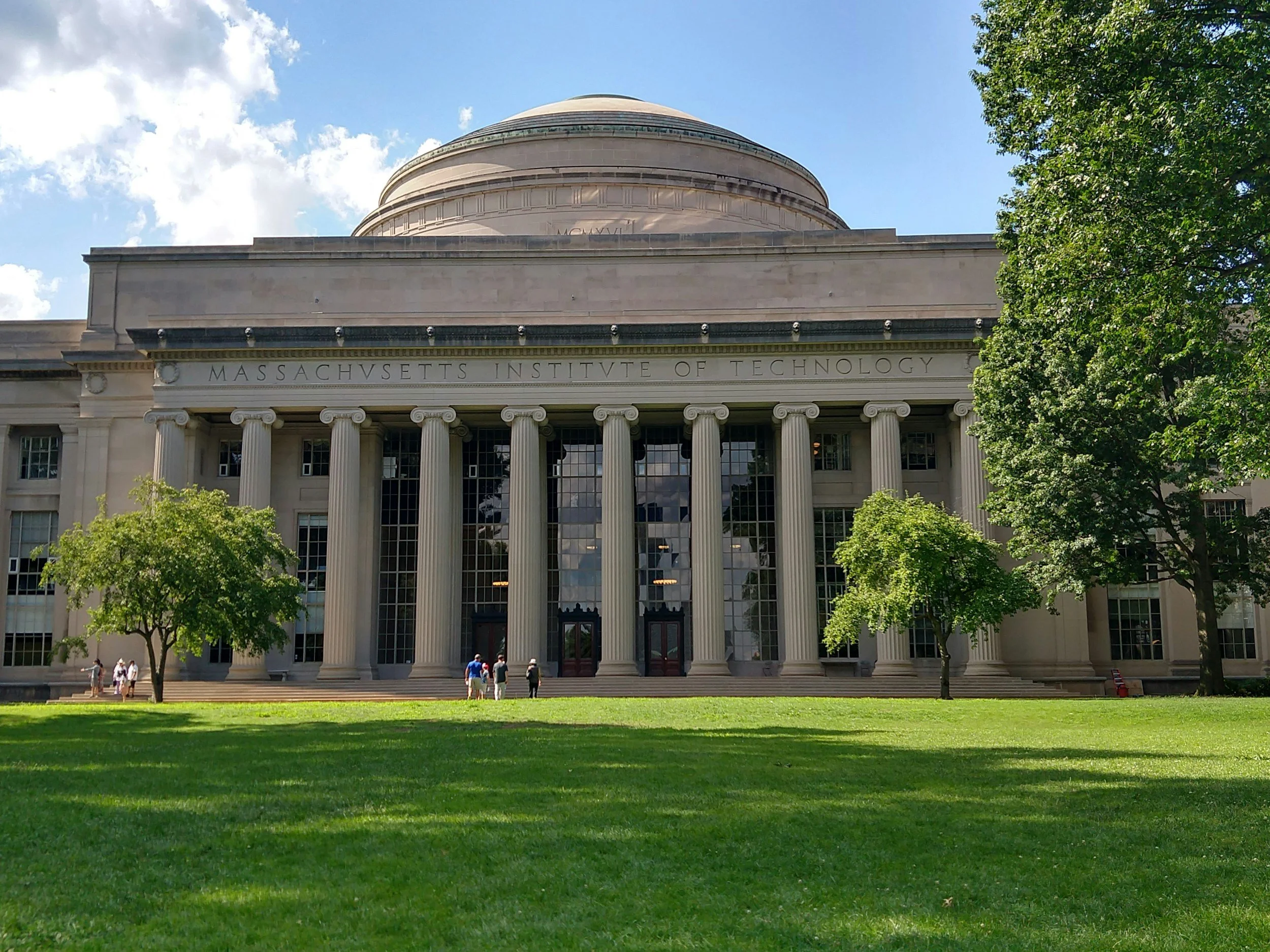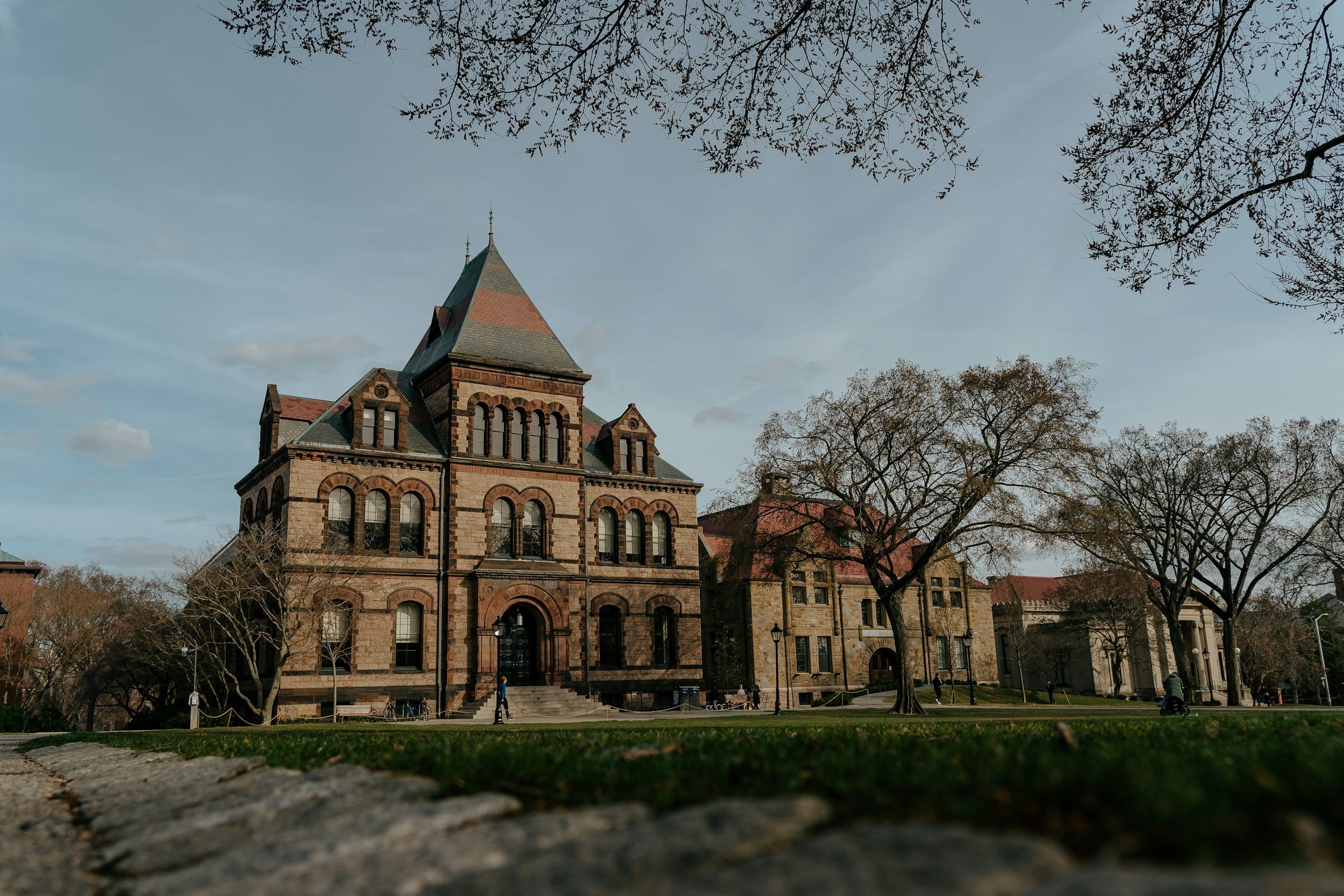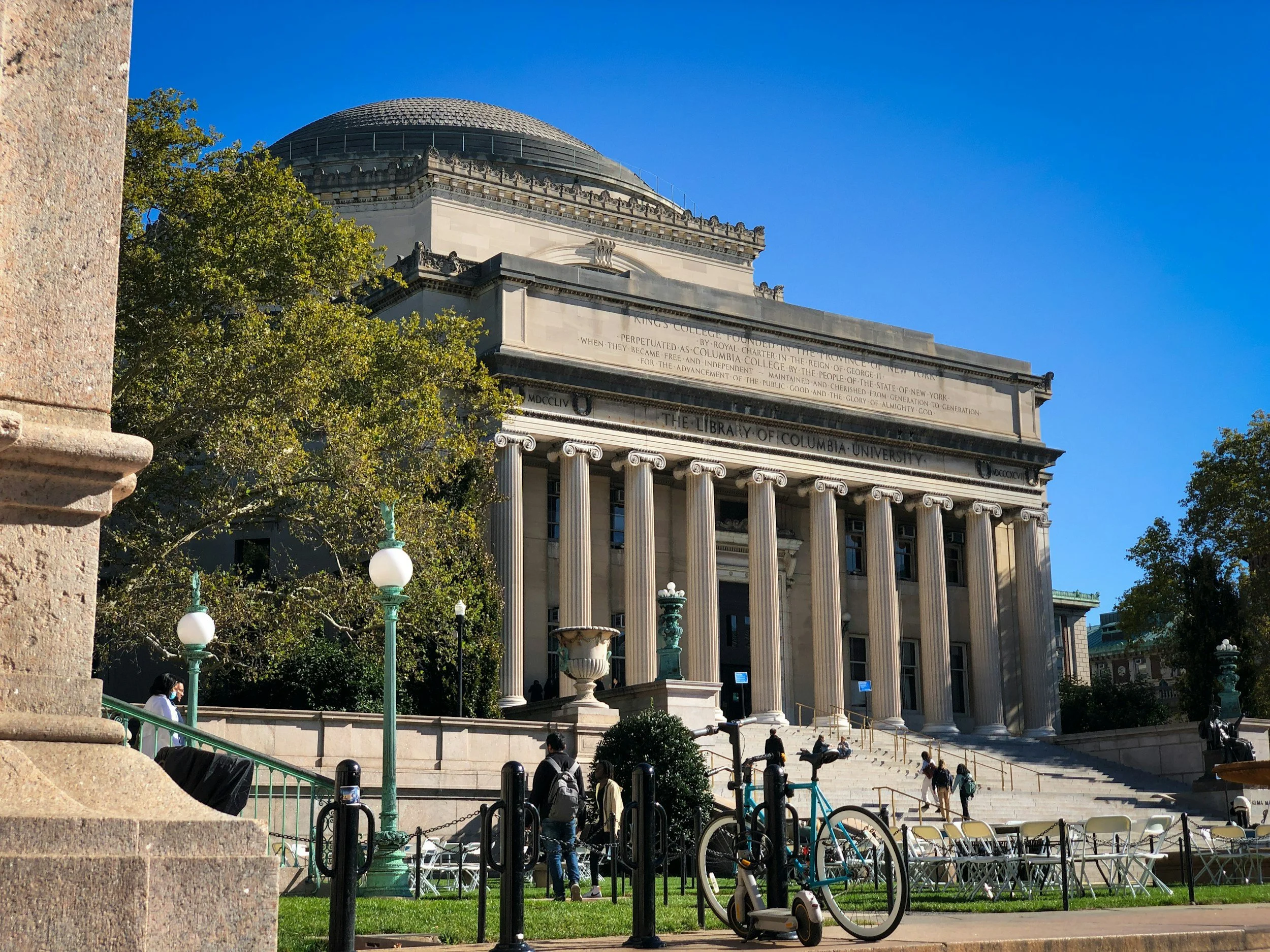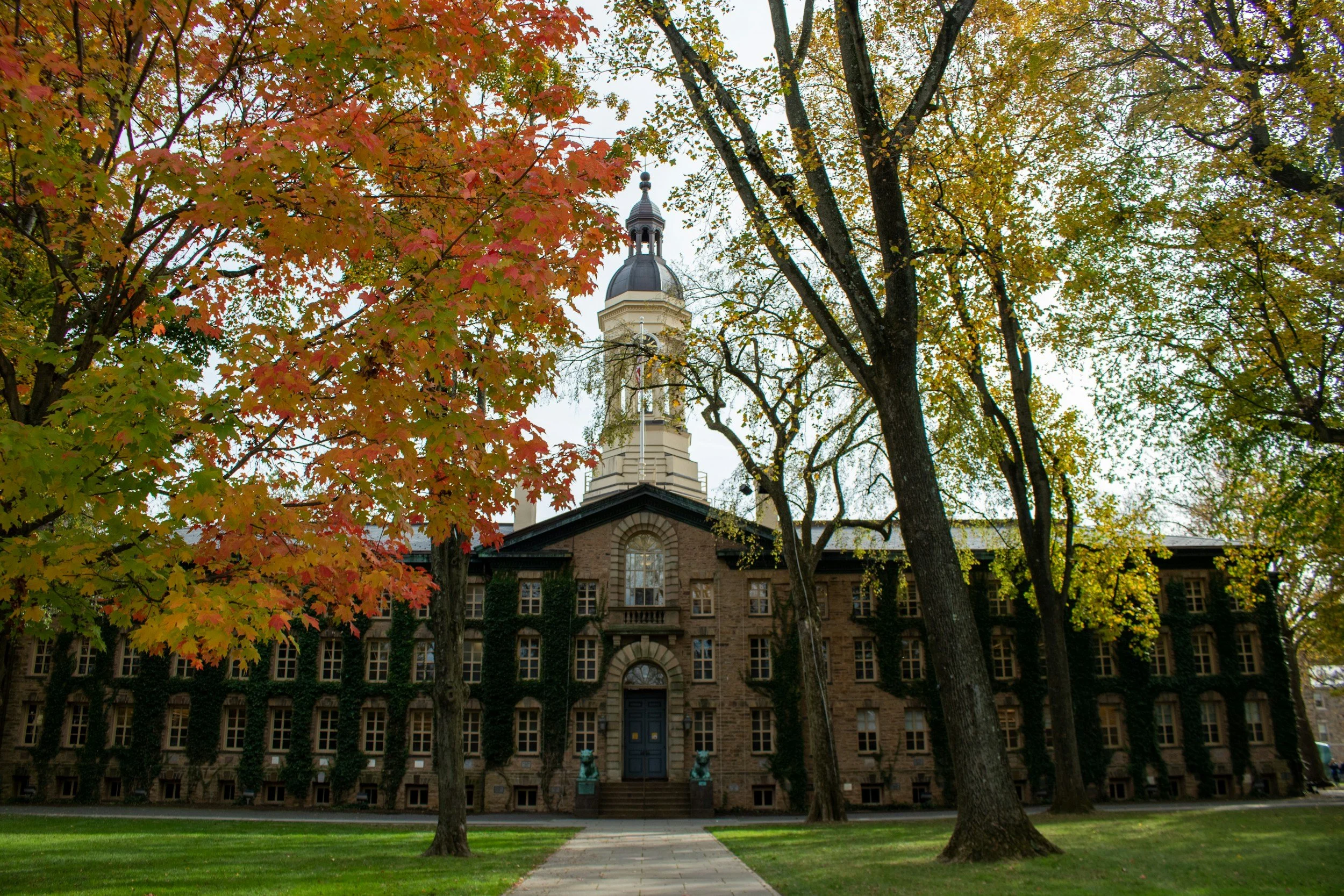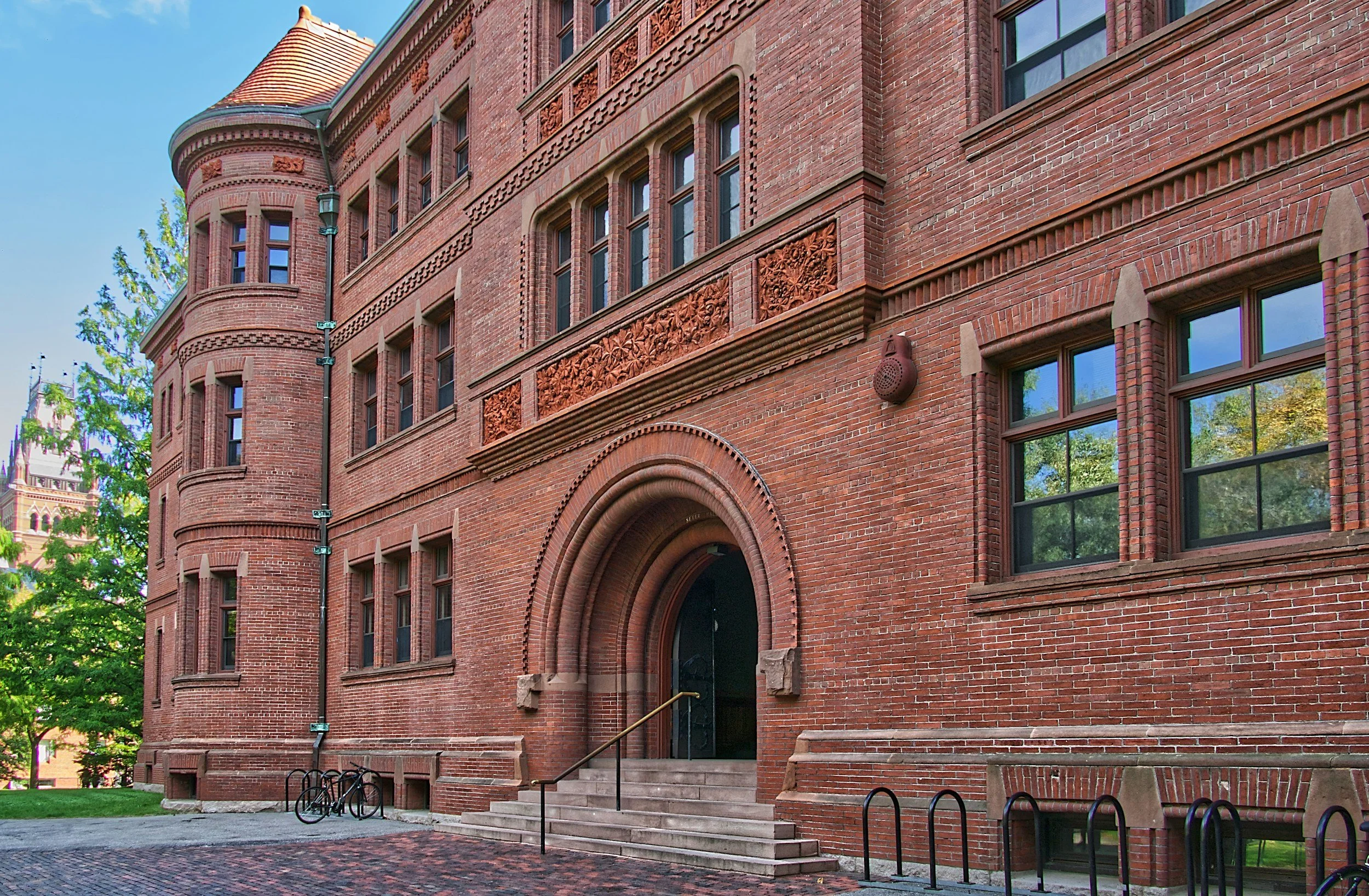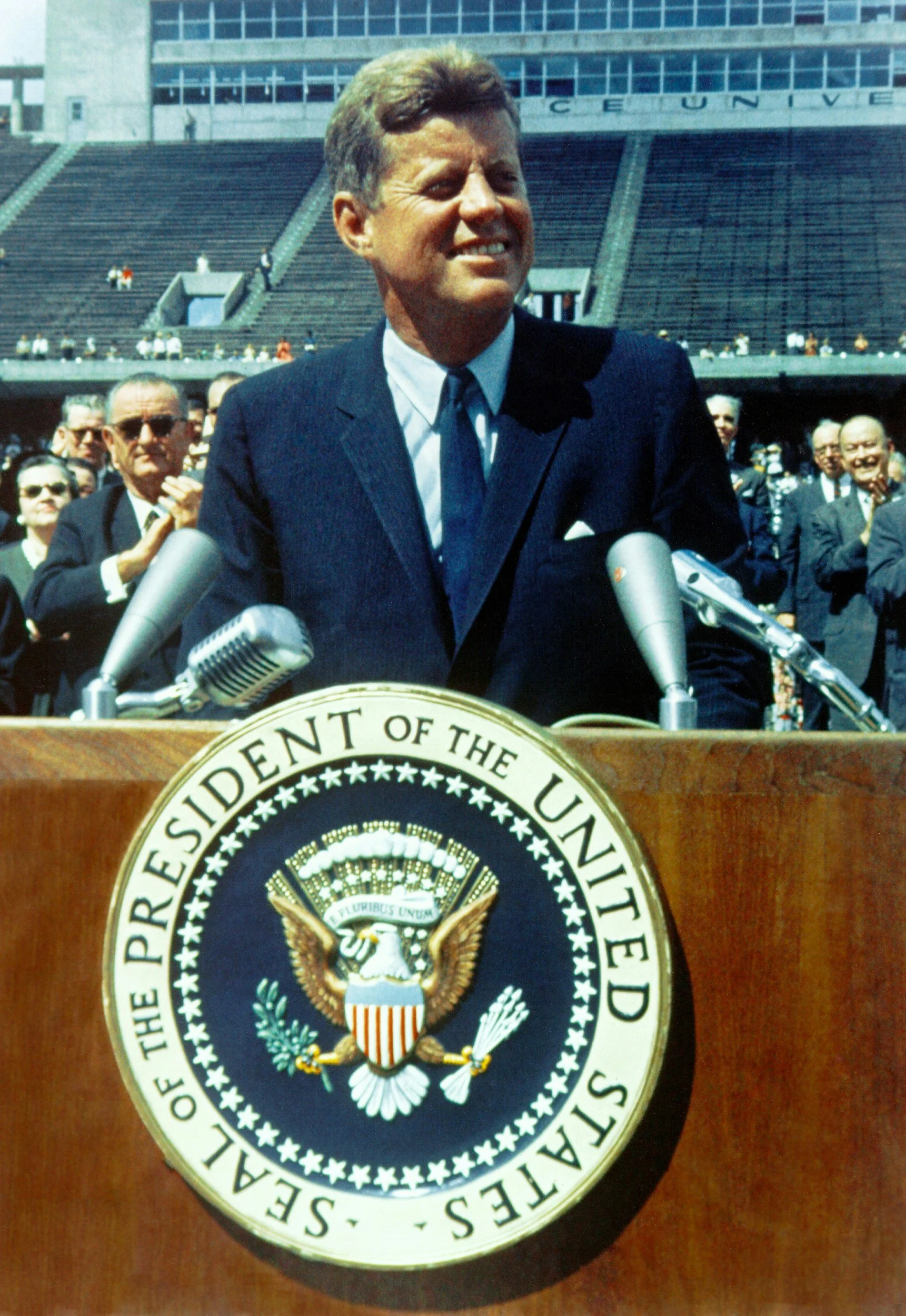Do Extracurriculars Matter In Your Senior Year?

Yes, they matter significantly! Elite colleges don't want to see students taking it easy in their senior year. They seek to admit students who demonstrate an unwavering love for learning, one that compels them to consistently challenge themselves academically.
This passion for learning often manifests in tackling novel problems through research during senior year and continuing to participate in academic competitions such as the American Mathematics Competition (AMC) or Physics Olympiad. If you secure a research position during the summer before senior year, it's crucial to impress your advisor, professor, or principal investigator enough that they invite you to continue your research throughout both semesters of your senior year.
One common misconception is that competitions with results released after Early Decision (ED) application deadlines on November 1st, or after ED decisions are announced, aren't worth pursuing. This is incorrect. You can still report to colleges that you plan to compete in upcoming competitions or participate in activities that formally begin after your ED or Early Action applications are submitted. If you've used all available slots in your activity list, you can include this information in the "Additional Information" section.
When colleges see your commitment to challenging pursuits during senior year, it benefits you in two ways. First, it demonstrates your dedication to learning and self-improvement, enhancing your application. Second, if they know you'll receive results from competitions later, they might defer rather than reject your application if they can't offer immediate acceptance. This means they'll reconsider you during the Regular Decision round, with decisions typically released in March. Their deferral decision might reflect their interest in your performance in competitions scheduled for January or February.
Maintaining active participation in extracurriculars during senior year—particularly those where you can achieve demonstrable accomplishments—can decrease your chances of early admission rejection. Additionally, if waitlisted, new achievements reported by your guidance counselor to your regional admission officer can strengthen your position.
For students aiming for elite colleges, sustained community engagement is vital. These institutions expect students to apply specialized skills to make quantifiable positive impacts in their communities—not just during senior year but throughout their college experience. Therefore, it's essential to maintain or increase your community involvement and remain committed to understanding and addressing local challenges.
f you need help planning a senior year that will impress admissions officers and maximize your chances of getting into your dream college, schedule a complimentary consultation with an admissions expert today.







